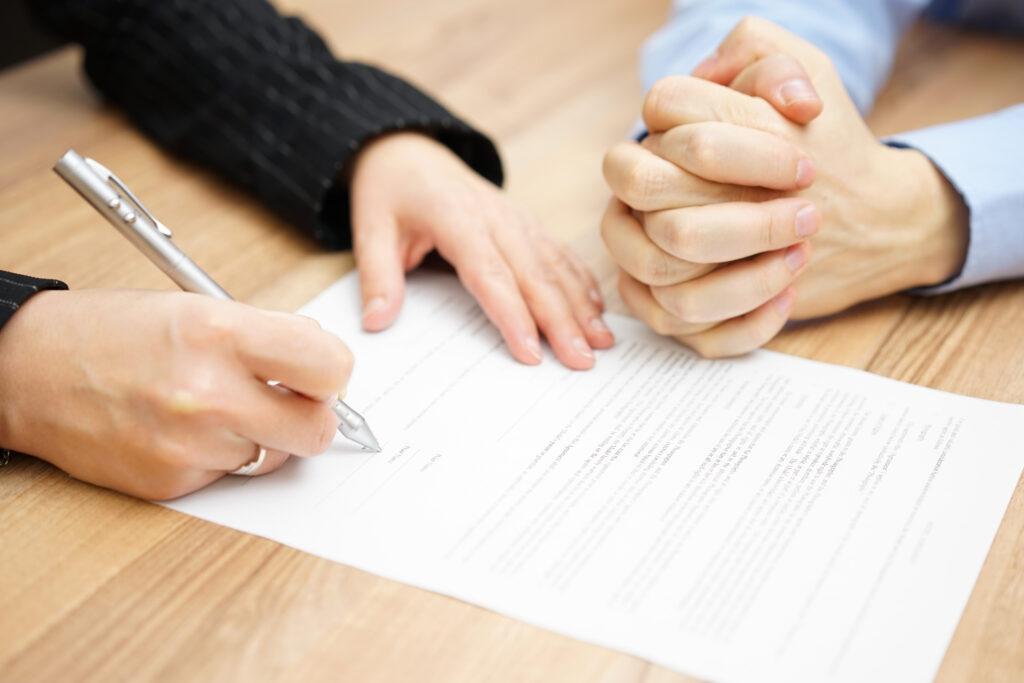
What Is A General Power of Attorney?
A General Power of Attorney is a legal document which allows you (known as the ‘Donor’ to give authority to another person (known as the ‘Attorney’) to act on their behalf in making decisions regarding their property and finances on a temporary basis.
A General Power of Attorney is valid and can be used by the Attorney once the Donor has read, signed and dated the document in front of a witness. The General Power of Attorney does not need to be registered before it can be used.
Once, you have granted a General Power of Attorney, the Attorney can step into your shoes and start acting for you.
Who Can Make A General Power Of Attorney?
To make a General Power of Attorney the Donor must be over the age of 18, have mental capacity and not be bankrupt.
Who Can I Appoint As My Attorney & How Do They Make Decisions?
The Attorney you appoint must be someone you trust to act on your behalf to make decisions for you.
Your Attorney must also be over the age of 18 and they can be a trusted family member, friend or professional such as a Solicitor or Accountant. There is no requirement for your Attorney to have any specialist legal knowledge or training.
You have the option to appoint more than one Attorney and if you do so, you can then decide whether they make decisions about your finances ‘jointly’ (where all your attorneys make the decisions together) or ‘jointly and severally’ (where your Attorneys can make a decision on their own or together). Here, it is up to your Attorneys to decide when they get together or individually.
What Can’t Attorneys Do Under A General Power Of Attorney?
• Make gifts on behalf of the Donor
• Perform the role as a trustee or personal representative (i.e. administrator of someone’s estate)
• Sign a Will on behalf of the Donor
• Delegate the Power to someone else
When May I Want To Make A General Power Of Attorney?
• You have a physical illness, and your attorney could manage a bank account for you
• You have an accident, which leads to physical injury
• You are in hospital
• You are on holiday, or abroad for a long period of time, and selling or buying a home
When Should I Not Make A General Power Of Attorney?
You should not make a General Power of Attorney if you think you may be losing or have lost mental capacity. Your Attorneys will not be able to continue using the General Power of Attorney if you lose your mental capacity and it will automatically come to an end.
What Happens When The Temporary Period Comes To An End?
The General Power of Attorney can be revoked by signing a Deed of Revocation.
In some cases the General Power of Attorney has been drawn up to cover a particular task or time period, in which case it will come to an end at the end of that task or time period.
The General Power of Attorney will also end on the death of the Donor or the Attorney, or if the Attorney is declared bankrupt, or loses mental capacity.
What About Decisions On My Health & Welfare?
The General Power of Attorney does not cover decisions on your health and welfare. You will need to make a Lasting Power of Attorney for these decisions.
What If I Want Something More Permanent?
For something more permanent, you should consider preparing Lasting Powers of Attorney.
If you would like further information on General or Lasting Powers of Attorney, please contact Megan Lovell on m.lovell@timms-law.com or on 01530 564496.




